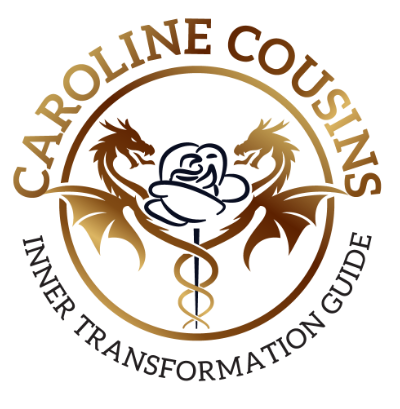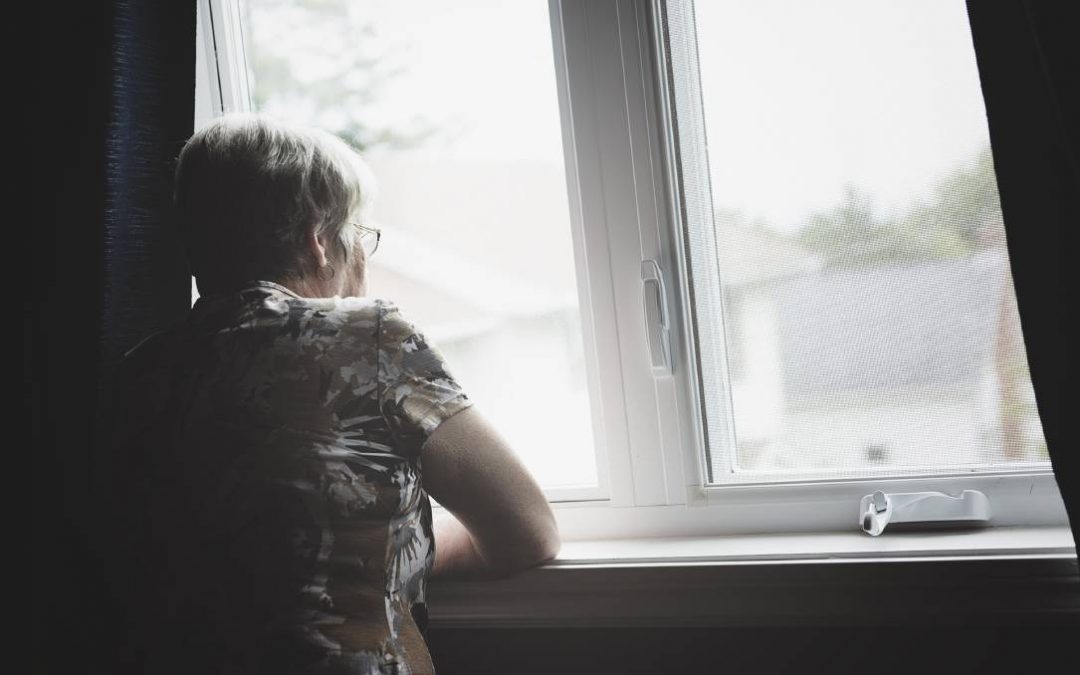Dealing with a diagnosis of a chronic health condition, be it mental, emotional or physical, and living with it on a daily basis is no mean feat. It takes enormous courage, energy and determination just to get through each day sometimes. It is not until going through something similar ourselves, or looking after someone in the same situation, that we can really empathise and have compassion for their circumstances, and are more tolerant and understanding, as a result.
Friends, family and colleagues, after an initial offer of support and a listening ear, soon get tired of hearing of their troubles and gradually fall away. The phone stops ringing, the conversations dry up and the visits cease. Sufferers can be accused of being self-absorbed, not helping themselves and are often told to take up a hobby or interest to get themselves out of their seemingly self-imposed state, as if that was the answer to everything. They begin to cause annoyance in our otherwise fast-paced, self-serving, already stressful world. Intolerance looms as these people become an inconvenience to us and we do our best to avoid, not knowing how to deal with them, what to say or how to help.
We walk away not wanting to get involved in their “drama”. Judgement ensues about their situation and the sufferer can often feel an increased sense of isolation and loneliness as they sense the withdrawal of their once supportive network. Typically, life can begin to look hopeless and negative thought patterns begin to dominate as to the pointlessness of existence.
However, the vast majority of chronic health sufferers want to get better. They want to live a fulfilling and joyful life to the best of their ability but they just don’t know how to get past their current situation to do that. This is where even the smallest amount of support can help. It’s the little things that make all the difference. It’s the effort made by someone to help with even the most insignificant of tasks that we all take for granted that can turn a disastrous day into a meaningful one, for both parties involved. It is community that can be the difference to helping someone out of feeling unvalued, to feeling significant enough to make life worth living for them.
The reality is, many chronic health conditions can be successfully overcome with the right diet, lifestyle adjustments, changes in thought patterns and a strong support network. As we change the way we feel about a condition it can make an enormous difference to our wellbeing. This alone can take us from victimhood into one of empowerment. The support we receive can help us take back a semblance of control to our environment and bring back that sense of normality to everyday living.
So next time we find someone in our world who is becoming an inconvenience, perhaps we should ask ourselves why we find them so, and what judgement is running within us to cause our lack of tolerance? If we are holding these judgements about people who are suffering, what is it showing us that we are not accepting deep within the recesses of our mind? What if it was us in that situation? What would we want most of all? The vast majority of chronic health sufferers have not consciously created their condition. It is in their feelings of helplessness that they seek reassurance, attention and support. It is why community is so important because we all know someone who is suffering at some level and one day it could be us. What can we do to support them today that will make tomorrow more hopeful for them and bring us a real sense of contribution in its wake?
Written for the Advertiser and Times, New Milton and Lymington, UK, in August 2019 by Caroline Cousins






